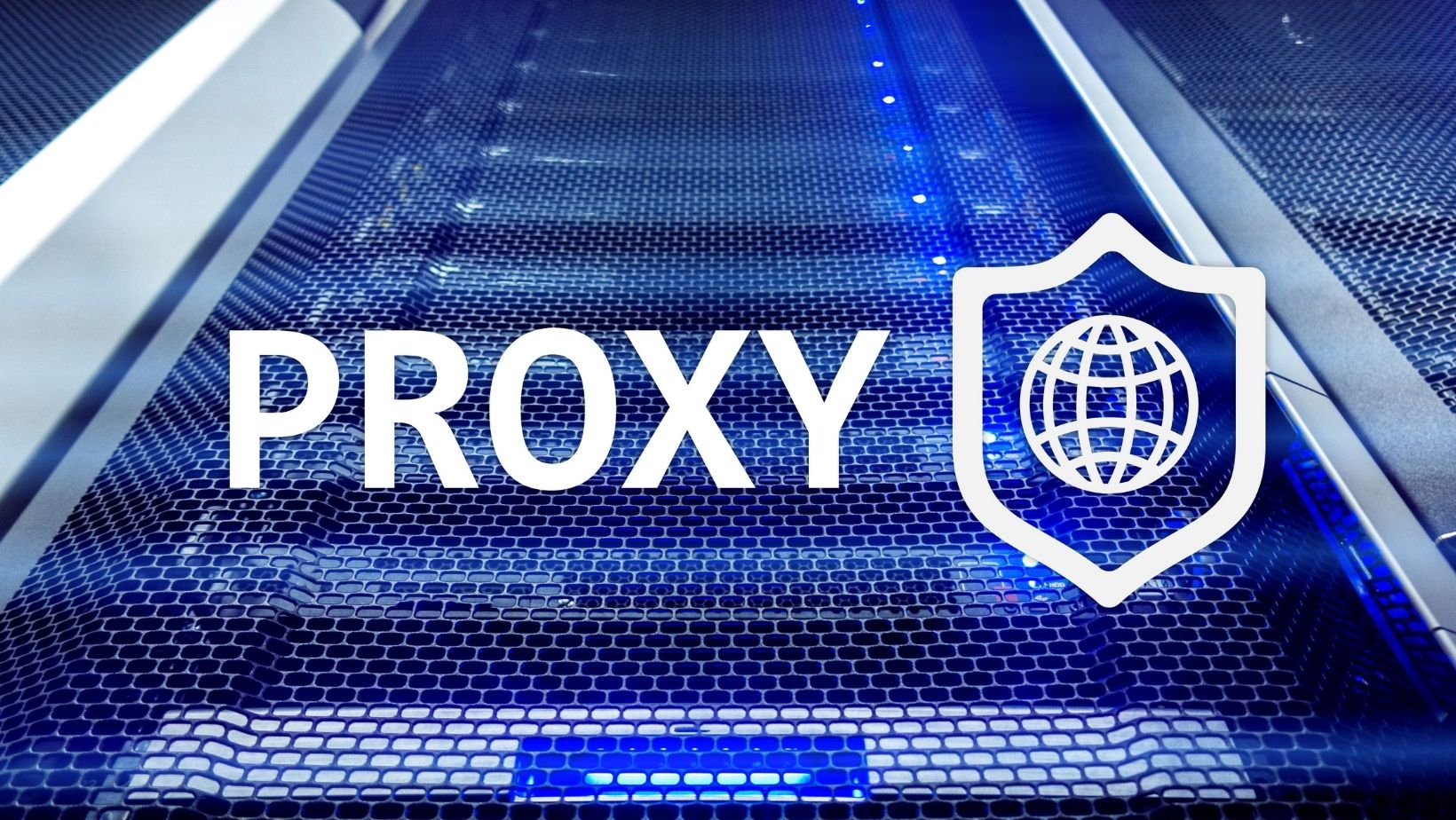
Businesses are faced with a range of challenges posed by the digital economy where they are expected to secure their business online, gather information they can trust from the web, and remain strict with the continuously tightening rules. Companies have the latest technology in their hands that can help them reach these goals easily, but at the same time, they usually do not know enough about it – the proxy server.
Several use cases show the evolution in the functionality of proxy servers, such as the ability to surf the net anonymously, to build VPN, and to implement web scrapers for company-specific purposes, but the biggest and most impactful one is the case of data protection, where one can efficiently and effectively keep all the sensitive data very secure.
What Are Proxy Servers and How Do They Work in a Business Context?
At the heart of it, a proxy server is an agent that solidly stands in the way of a user’s personal computer and the internet. If a user wants to get their hands on something, say, visiting a site, the proxy server is the one who will do the asking, and the user’s IP address will be hidden in the meantime.
Proxies are put to use in a business setting for various reasons. They are able to handle internet usage, monitor network traffic, hide a user’s traces on the web, and secure internal data channels. Proxies can be in the form of dedicated hardware or cloud applications, but all alike are still responsible for ensuring a safe, secure, and well-managed digital world.
Strengthening Corporate Cybersecurity with Proxy Servers
Cybersecurity is no longer purely a technical issue. It is now a business necessity. Proxy servers provide a first defense through the filtering of incoming and outgoing web traffic. By masking IP addresses and directing data along safe routes, proxies inhibit outside attacks such as DDoS attacks, phishing attacks, and unauthorized visits.
Proxies also make it possible for organizations to enforce granular access controls. For example, high-value internal platforms can be limited to certain proxy IPs, reducing exposure to outside risks. Moreover, by logging web traffic via the proxy, IT staff can track suspicious activity, guaranteeing that incidents get detected early and gotten under control quickly.
Proxies for Market Research and Web Scraping
In a business environment where everything is data-driven, having real-time, up-to-date market information is priceless. Proxy servers are used by numerous businesses to perform competitive intelligence, price monitoring, and brand monitoring via web scraping software.
Without a proxy, web scraping at large scale usually results in IP bans or false information because of geolocation blockages. Proxies help evade these challenges by rotating IPs and simulating organic traffic behavior. This makes accessing public web information continuously possible without any interruptions.
For businesses looking for high-performance and reliable proxy solutions, companies such as Travchis proxies provide focused tools that streamline web scraping into a more efficient and smoother process. Their services are optimized for business use, striking a balance between speed, security, and scale.
Boosting Operational Efficiency and Compliance
Beyond security and research, proxy servers increase the efficiency of operations in many ways. Content caching decreases bandwidth consumption and accelerates load times on high-use resources. Centralized management of internet access allows organizations to enforce usage policies, increase productivity, and reduce distractions.
From a compliance perspective, proxies are a godsend in industries with stringent data governance regulations. Capturing all network traffic through a proxy allows for traceability, which is important during audits or investigations. They help in enforcing geo-restrictions and content filtering, keeping businesses compliant with regional regulations such as GDPR or HIPAA.
Challenges and Considerations
While proxies have numerous benefits, it is true that they also have some disadvantages. Misconfigured proxies can be compromising points and the entry for harmful software. For example, low-tier proxy service or free service proxies are likely to lack in data integrity which leads to theft of sensitive information by third parties.
Growing is the other thing in question because as the company grows, the infrastructure of the proxy becomes very difficult to manage, such as with the use of distributed teams and cloud applications. If it is a business that needs support for the necessary business requirements, along with support for the managed, scalable solution, then there needs to be these providers.
Web scraping can also have legal and ethical implication,s and therefore it is very important that all companies start being responsible in how they approach this matter. Businesses need to have the website’s permission and comply with the law, protecting their reputation by ethical conduct and avoiding incurring legal risks.
Final Thoughts
Proxy server far exceeds just a tool to protect privacy. It is a strategic asset in today’s business world. Whether protecting internal systems, powering vast data collection, or optimizing web access, the proxy servers provide important support across several sectors.
Companies that want to be one step ahead in a competitive digital environment not only need to have decided on the most appropriate technology, but they will also have a business advantage.







